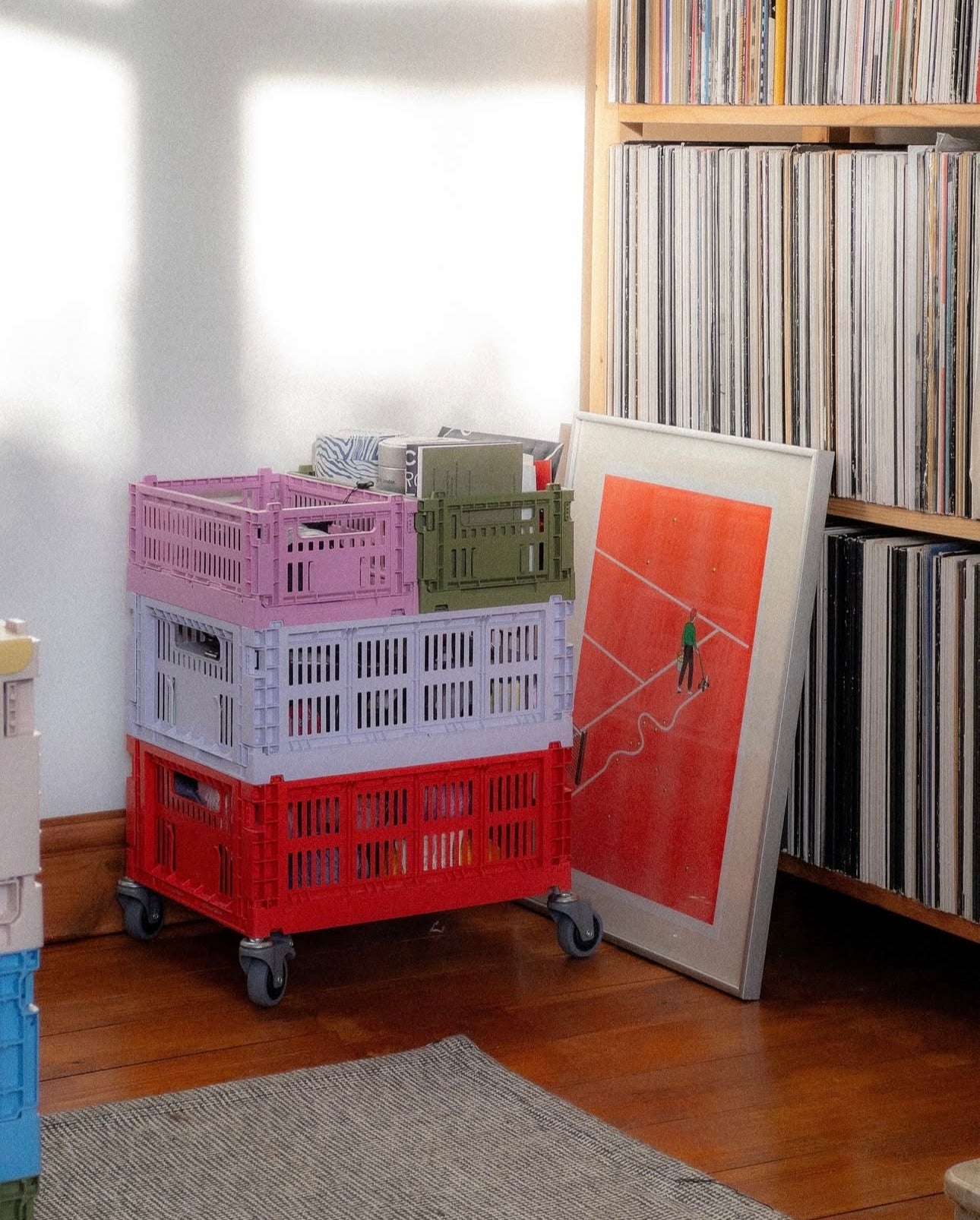Made In Japan Tableware
Wabi-Sabi Udon Bowl
Couldn't load pickup availability
description
This terracotta green bowl from Made In Japan's Wabi-Sabi collection is crafted from fine 'Minoyaki' porcelain and hand-finished in Gifu, Japan, showcasing traditional Japanese craftsmanship. Its earthy colour and subtle texture celebrate the Wabi-Sabi philosophy, embracing natural imperfections that add character and charm. Perfect for serving udon or any favourite dish.
Shipping
FREE standard delivery on orders over £50 (exclusions apply)
FREE collection from our Glossop store
From £3.25 - Standard (2 to 4 business days from dispatch)
From £5.25 - Express (1 to 2 business days from dispatch)
£5.99 - DPD Express (1 to 2 business days from dispatch)
We aim to dispatch all orders the following business day, however it can take up to 3 business days.
Fulfilment times shown at checkout are estimates, we can not always guarantee delivery times.
returns
If for any reason you are unsatisfied with your purchase, you may return it to us within 30 days for an exchange or refund.
To be eligible for a return, your item must be in the same condition that you received it, unused, with tags (if applicable), and in its original packaging.
Please note that we do not cover the cost of shipping or provide pre-paid return labels.
Find out more about returns here
notify me when available
Wabi-Sabi Udon Bowl



















